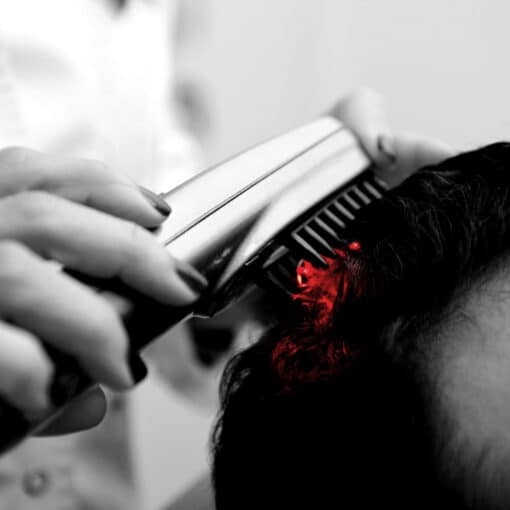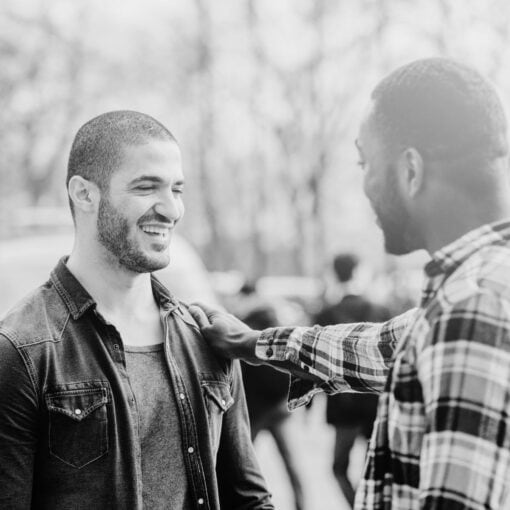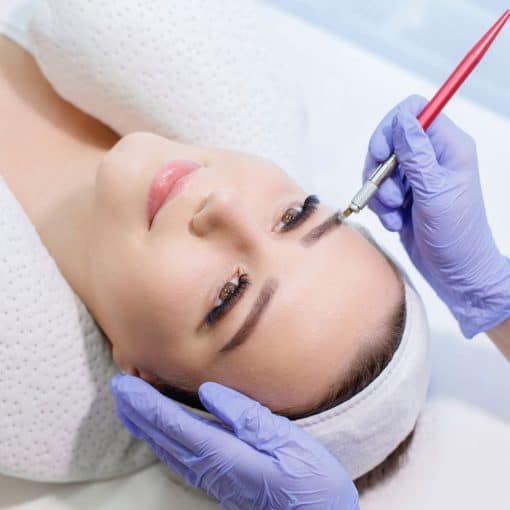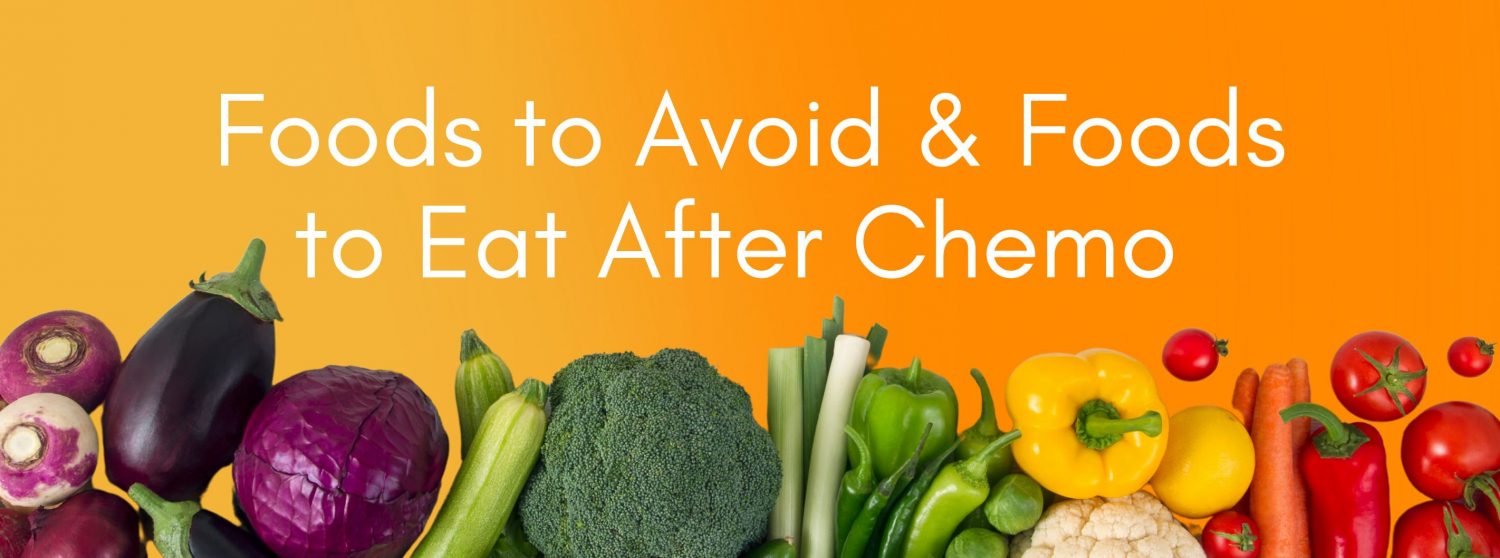
After chemotherapy, it’s essential to focus on proper nutrition to help your body heal, restore strength, and manage any side effects. Some foods can be more challenging to digest or could potentially worsen certain side effects, while others may compromise your immune system, which is already weakened during and after treatment.
Let’s take a look at some foods to avoid and also cover any foods that could provide a boost to your hair re-growth journey.
Foods to avoid
- Raw or Undercooked Foods
Why to avoid: Chemotherapy can weaken your immune system, making you more susceptible to infections. Raw or undercooked foods, such as sushi, undercooked eggs, meats, and seafood, can carry harmful bacteria and parasites.
Foods to avoid: Raw fish, sushi, raw eggs (e.g., in homemade mayonnaise or cookie dough), undercooked meats, and unpasteurized dairy.
- Unpasteurized Dairy Products
Why to avoid: These products may harbor bacteria such as Listeria or Salmonella, which can be dangerous when your immune system is compromised.
Foods to avoid: Soft cheeses like Brie, camembert, or blue cheese, unpasteurized milk, and unpasteurised fruit juices.
- Processed and Fatty Foods
Why to avoid: After chemotherapy, your body may struggle to digest certain heavy, greasy, or highly processed foods. These can lead to digestive issues, like bloating or nausea.
Foods to avoid: Fried foods, fast food, heavily processed snacks, high-fat meats, and sugary desserts. These foods can also contribute to inflammation and overall poor health.
- Caffeinated Beverages

Why to avoid: Chemotherapy can affect your sleep and digestive system. Caffeine can worsen dehydration, increase nausea, and interfere with your sleep quality, making it harder to recover.
Foods to avoid: Coffee, energy drinks, soda, or any beverages with high caffeine content.
- Alcohol
Why to avoid: Alcohol can irritate your digestive system, interact with chemotherapy drugs, and affect your liver, which is already under stress during treatment. Additionally, alcohol may also impair your ability to hydrate and recover.
Foods to avoid: Any alcoholic beverages, such as beer, wine, or cocktails.
- Spicy or Acidic Foods
Why to avoid: Chemotherapy can cause mouth sores, sore throats, or acid reflux. Spicy or acidic foods can irritate these sensitive areas, making them painful and difficult to tolerate.
Foods to avoid: Hot peppers, spicy dishes, citrus fruits (like oranges and lemons), tomatoes, or vinegar-based foods.
- Artificial Sweeteners
Why to avoid: Some artificial sweeteners may have digestive side effects such as bloating, gas, or diarrhoea, which can worsen nausea and digestive issues during chemotherapy.
Foods to avoid: Diet sodas, sugar-free gum, and other artificially sweetened snacks.
- Foods High in Sugar
Why to avoid: Diets high in sugar can lead to inflammation, weight gain, and can impair the immune system, all of which are particularly harmful during recovery from chemotherapy.
Foods to avoid: Candies, pastries, sugary snacks, and sugary drinks.
- High-Salt Foods
Why to avoid: After chemotherapy, some patients experience swelling or high blood pressure. High-salt foods can worsen these symptoms and contribute to dehydration.
Foods to avoid: Processed meats, canned soups, salty snacks (chips, pretzels), and fast food.
- Foods You Have Developed Sensitivities To
Why to avoid: Chemotherapy can affect your taste buds, causing changes in how you perceive food. You may develop sensitivities or aversions to certain foods that you were previously fine with.
Foods to avoid: Anything that causes discomfort or nausea, including foods with strong odours or flavours, may need to be avoided temporarily.
General Tips for Post-Chemo Nutrition
- Eat smaller, more frequent meals to prevent nausea and aid digestion.
- Stay hydrated by drinking plenty of fluids, including water, clear broths, or herbal teas.
- Choose nutrient-dense foods to help your body heal, such as soft, easily digestible fruits, vegetables, lean proteins, and whole grains.
- Consult your doctor or a nutritionist for personalised recommendations, especially if you have specific concerns or side effects.
After chemotherapy, your body is in a vulnerable state, so maintaining a healthy, balanced diet and avoiding foods that can cause harm is crucial for recovery.

Recommended Foods
After chemotherapy, many people experience hair loss, but the good news is that hair often starts to grow back once treatment is over. Proper nutrition plays a significant role in helping support hair regrowth, as your body needs the right nutrients to stimulate hair follicles and restore strength to your hair. Here are some foods that can help encourage healthy hair growth after chemotherapy.
- Cooked Salmon and Fatty Fish
Why it’s good: Fatty fish like salmon, mackerel, and sardines are rich in omega-3 fatty acids, which help nourish the scalp, reduce inflammation, and promote healthy hair follicles.
Key nutrients: Omega-3s, vitamin D, and protein.
How it helps: Omega-3s help keep your hair moisturised and improve hair density and thickness, while protein is essential for hair structure.
- Well-cooked Eggs
Why it’s good: Eggs are a great source of high-quality protein, which is necessary for hair strength and growth. They also contain biotin, a vital B-vitamin that helps promote healthy hair and nails.
Key nutrients: Protein, biotin, zinc, and vitamins A, D, and E.
How it helps: Protein builds keratin, a key structural protein in your hair, while biotin helps promote hair growth by stimulating the follicles.
- Spinach and Leafy Greens
Why it’s good: Leafy greens like spinach, kale, and Swiss chard are packed with vitamins and minerals essential for healthy hair growth, including iron, vitamin A, and vitamin C.
Key nutrients: Iron, folate, vitamin A, vitamin C, and antioxidants.
How it helps: Iron supports the production of haemoglobin, which carries oxygen to your hair follicles, while vitamin A and vitamin C promote scalp health and collagen production.
- Nuts and Seeds
Why it’s good: Nuts and seeds (especially walnuts, almonds, chia seeds, and flaxseeds) are rich in healthy fats, vitamin E, and minerals like zinc and selenium.
Key nutrients: Omega-3 fatty acids, vitamin E, zinc, and selenium.
How it helps: Vitamin E promotes a healthy scalp and protects hair from oxidative stress, while zinc is essential for proper cell growth, helping to repair and regenerate hair follicles.
- Sweet Potatoes
Why it’s good: Sweet potatoes are a rich source of beta-carotene, which the body converts into vitamin A. This nutrient is essential for maintaining a healthy scalp and promoting hair growth.
Key nutrients: Beta-carotene (vitamin A), vitamin C.
How it helps: Vitamin A helps prevent dry, flaky scalp conditions that could hinder hair growth and supports the healthy production of sebum (a natural scalp oil).
- Berries
Why it’s good: Berries like strawberries, blueberries, and raspberries are packed with antioxidants, including vitamin C, which helps protect hair follicles from damage and supports collagen production.
Key nutrients: Vitamin C, antioxidants.
How it helps: Vitamin C aids in the production of collagen, a key structural protein in hair, while antioxidants protect the hair follicles from free radical damage.
- Avocados
Why it’s good: Avocados are an excellent source of healthy fats, vitamin E, and B-vitamins, all of which are vital for healthy hair growth.
Key nutrients: Healthy fats, vitamin E, B-vitamins (especially B5 and biotin).
How it helps: Vitamin E improves blood circulation to the scalp, enhancing the health of hair follicles and promoting regrowth. Healthy fats moisturise the scalp and keep hair hydrated.
- Lean Meats and Poultry
Why it’s good: Lean meats like chicken, turkey, and beef provide essential protein and iron that are critical for hair growth.
Key nutrients: Protein, iron, zinc.
How it helps: Protein is necessary to build keratin, the main protein in hair, while iron ensures your body can carry oxygen to the hair follicles, promoting faster regrowth.
- Lentils and Legumes
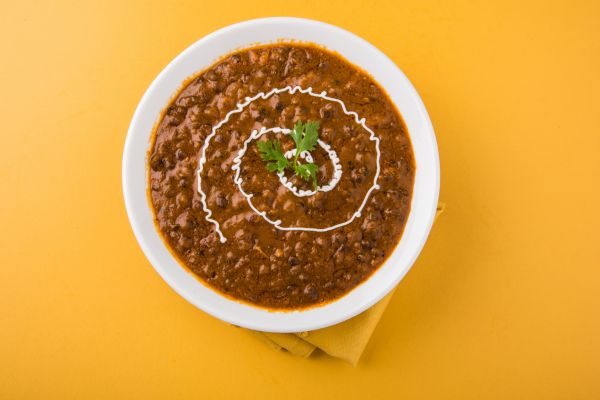
Why it’s good: Lentils, beans, and peas are great plant-based sources of protein, iron, and biotin, making them a perfect food for hair regrowth after chemotherapy.
Key nutrients: Protein, iron, biotin, zinc.
How it helps: Biotin supports hair health, while iron promotes oxygen delivery to hair follicles, helping them grow and regenerate.
Why not try our Delicious Dahl recipe? Click here
- Carrots
Why it’s good: Carrots are rich in beta-carotene, a precursor to vitamin A, which promotes scalp health and supports healthy hair growth.
Key nutrients: Beta-carotene (vitamin A).
How it helps: Vitamin A is essential for maintaining the health of hair follicles and promoting scalp hydration, both of which are key to regrowing hair after chemotherapy.
Bonus: Hydration
- Why it’s good: Staying hydrated is important for overall health, including the health of your hair. Dehydration can lead to dry, brittle hair, which can hinder regrowth.
- How it helps: Drink plenty of water to keep your hair follicles and scalp hydrated, which helps promote healthy hair growth.
By incorporating these hair-boosting foods into your diet, you can help nourish your body and encourage the healthy regrowth of your hair after chemotherapy.
If you are looking for more advice on hair regrowth after chemotherapy, you can book a consultation with one of our hair loss specialists here.
Hair Reborn Charity
Hair Reborn is a charity offering free support, advice and a free hair styling service for people suffering hair loss because of cancer chemotherapy treatment. The team aim to provide understanding, support and practical advice ahead of and post-treatment, through select Hair Reborn appointed salons throughout the UK. Find out more here.
